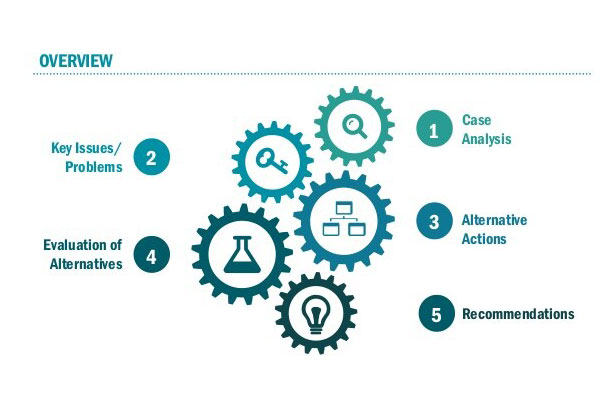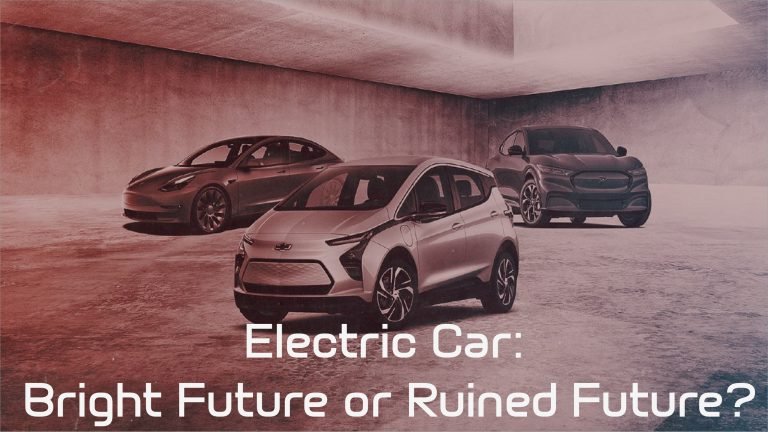Nowadays, one of the world’s e most buzzing & smart innovations is electric cars, which completely blew the world’s market and the automobile industry. In the last decades, the electronic car became the center of attraction after the CEO of Tesla Inc., Elon Musk, announced three new electric car models considering the expensiveness, which was the main problem of electronic cars.
The electric car is now one of the most trending innovations of the automobile industry considered other innovations of the world. But, do electric cars beneficial for a country like us? Or how can Bangladeshcope up with the electric car? What should be the government’s doing & how do the consumers of Bangladesh behave? All these questions & many more will be going to shape the electric mobility market of Bangladesh.
In today’s discussion, we are trying to find the answers & will know the future of electric cars in Bangladesh. We also try to suggest some steps for the govt. & consumers as well. Let’s begin.
About Electric Mobility

It seems like the electric car business has grown by leaps and bounds in the past decade. While corporations around the globe have spent billions of dollars on research and innovation there in the 21st century, the first electronic cars did not appear anywhere. You may be shocked to discover that electric Vehicles (EVs) have always been around prolonged before gasoline-powered automobiles.
Electric Vehicle (EV) industrial exploitation began in the United States in 1897, forming the Electric Carriage & Wagon Company and the Electric Vehicle Corporation. Electric cars made up almost 40% of the American market around 1900. One in two cars in New York were electrified. A gasoline engine generator was part of the first series hybrid model, which also had electric-powered steering system alternators driven by batteries.
Because of Tesla’s development, the second wave of electric cars has been ushered from since 2005. Even though the Tesla Roadster is an environmentally friendly car, it has also shown that this can be entertaining and effective. The car accomplished phenomenal performance behind the wheel and achieved a new benchmark in electric cars. The world’s most popular electric car, the Nissan Leaf, came out in 2010.
The 2012 Tesla Model S car raised the bar for electric car performance requirements and earned a strong following among customers. The Model S, a fast car with a massive display and exceptional performance, soon had become a classic car. A new standard for electric mobility was set with capabilities of 300 to 400 km.
Even though Europe had many places to charge cars in the 2010s, accomplishment there took longer than elsewhere because of the poor charging point and technological infrastructure. The BMW i3, VW e-Up, and VW e-Golf in 2013 helped solidify electric cars as a dominant force in the worldwide automotive industry. Moreover, the Tesla Model 3’s debut in 2018 has created a new competitive landscape for electric mobility, with an accessible market value and impressive performance again for the commercial market.
Market Viability of Electric Car in Bangladesh

The electric car market in Bangladesh is effectively nonexistent. All passenger electric cars throughout the nation are located in the capital, yet they number somewhere around 10. In Bangladesh, the government primarily controls the electric car market through one primary policy tool known as taxes.
Electric car proliferation in Bangladesh would be significantly affected by Bangladesh Energy Regulatory Commission pricing on electrical consumption. Whether it is cost-effective to deploy electric cars mainly relies upon those rates.

Domestic charging setups currently control the limited number of cars that are already in use. For charging their electric cars, residents must take on the financial burden of installing the higher-voltage power lines themselves. Commercial customers are paid higher percentages because commercial rates are more costly than domestic rates.
There are no registration rules to follow for BRTA members using electric cars. Laws and regulations for electric car licensing should be created utilizing technical and other techniques such as motor car legislation. Because the electric car was labeled as a car not approved by the government, it has impeded our country’s electric car proliferation.
Electric cars need well-paved and well-maintained roads for operation. However, most electric cars are utilized in urban regions where the road transportation infrastructure is not working well and is severely troubled. Therefore, the widespread adoption of electric cars would need excellent roads to facilitate safe and smooth driving.
Related: গেরিলা মার্কেটিং এর ডিজিটাল দুনিয়া
Technological Feasibility of Electric Car in Bangladesh
An electric car’s battery is the most crucial component, providing all of the energy it needs. A converter/charger transforms AC voltage into DC voltage, which is a non-linear workload. The non-linear load impacts the electricity process by providing several issues such as voltage and current imbalance, voltage sag, oscillations, and phase shifting.
When the batteries of electric cars are linked to a network for charging, voltage and current fluctuation occur due to the harmonics generated. This drop-in power quality makes electric car uptake in Bangladesh difficult.
As of this time, commercialized DC fast rechargeable power stations haven’t been launched in Bangladesh. In Bangladesh, the charging infrastructure for electric cars is almost zero. A charging infrastructure that is easy to use and reliable is required to implement green and cost-effective electric cars in Bangladesh.
The Bangladeshi government is hoping to bring electric car manufacturers to the nation. However, they have run into a snag in the form of poor infrastructure. Bangladesh must develop a domestic market for electric cars in order to attract manufacturers and incentivize them to participate in the nation.
Related: IT Compliance: 5 Common Issues & Solutions
Customer Feasibility of Electric Car in Bangladesh

The acquisition of electric cars by consumers will ultimately lead to the mass adoption of electric vehicles. Consumers often take into account a variety of variables when considering whether to buy an EV. A vast deal of variables, including charging time and cost, affect electric cars adoption. Charging a vehicle is also subject to escalating rates. This requires 6 to 8 hours each day to charge. As a result, the electric cars adoption’s downturn is a significant issue.
Mass acceptance of electric cars relies on their battery life, price, and maintenance. Due to their high cost and short life, these batteries are undesirable. As a result, the owner of an electric car must regularly service it. A rise in electric car usage may be seen if the battery technology and its performance are improved. At the same time, certain batteries can regain their performance with regular maintenance.
Future Steps Needed for Electric Car Adaption
Electric cars use large amounts of power, which causes difficulty in the power industry due to a shortfall in profits. The electric car offers several environmental, fossil fuel, socioeconomic, and job benefits in other instances. To achieve sustainability in the electricity sector, it is necessary to boost the use of electric cars in Bangladesh.
Monetary Incentives & Tax Reduction
The Bangladeshi government has indeed begun work on a national automobile strategy for 2020, which would provide industry players incentives for their participation in the electric car movement. A tax deduction for the sector and reduced importation and passive taxes encourage local manufacturing and installation of electric cars.
The draft, however, must be implemented as soon as possible to assist the industry. Charging points and tolls may provide financial deals and discounts to encourage people to buy electric vehicles. Additionally, green incentives may be put in place for zero-emission cars after leading countries.
Technological Development
Bangladesh’s electric car ecosystem is in its infancy. For electric car acceptance, infrastructure has to rapidly grow throughout the nation. Even with today’s improved technology, new charging points must be constructed to match current fuel filling stations.
Infrastructure will need to achieve or exceed this standard to replace fossil fuel cars fully. The nations that are leaders in the industry, such as Norway and the UK, may be used as models to build the charging infrastructure throughout the whole ecology from the bottom up.
Lowering the price of cars may be achieved by manufacturing and assembling cars in the local area. An excellent incentive for customers to switch to EVs and hybrids would be to lower the price of such cars. The importation of sophisticated technologies and equipment, such as competencies and understanding, or machinery, from other countries may help Bangladesh refine its manufacturing capabilities to produce excellent automobiles domestically, moving the industry forward.
End Note
Throughout the writing, I try to give a clear view about the adaption & the future market of electric cars in Bangladesh. This opinion is created by some analysis, noticing some recent market trends.
The adaption of electric cars must shape the future of the automobile industry of Bangladesh, like how symphony shaped the local mobile industry of Bangladesh. To understand the future of electric cars, you can enroll in our Digital marketing career path course.
With our courses, you will better understand various markets and become an expert in market analysis. We offer classes that show you how the market changes and why it is essential to keep pace with the growing markets soon.
And guess what? You don’t need any previous experience with design tools like Photoshop or Illustrator. Just bring along a laptop with WiFi access, some time for class-related assignments, and your eagerness to learn something new!
There are still a few seats left for the next session, so don’t wait too long before signing up. We hope you enjoyed reading this blog post and learned something new from it.






































